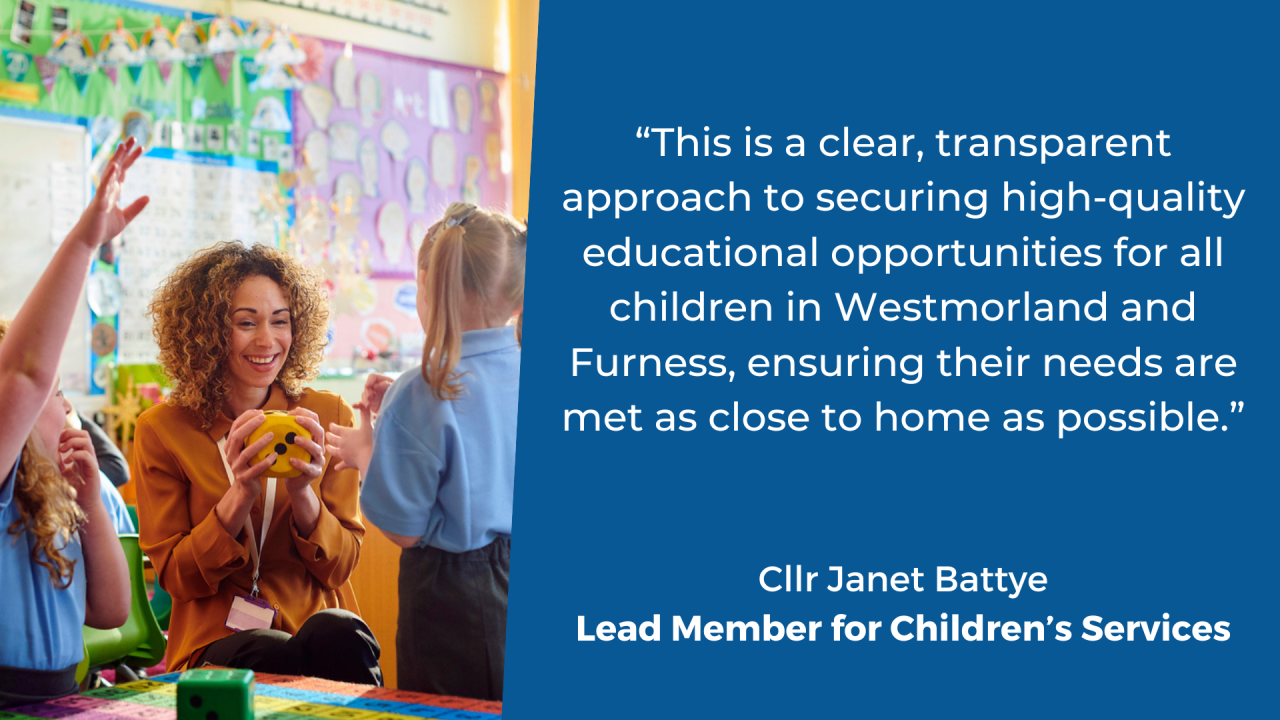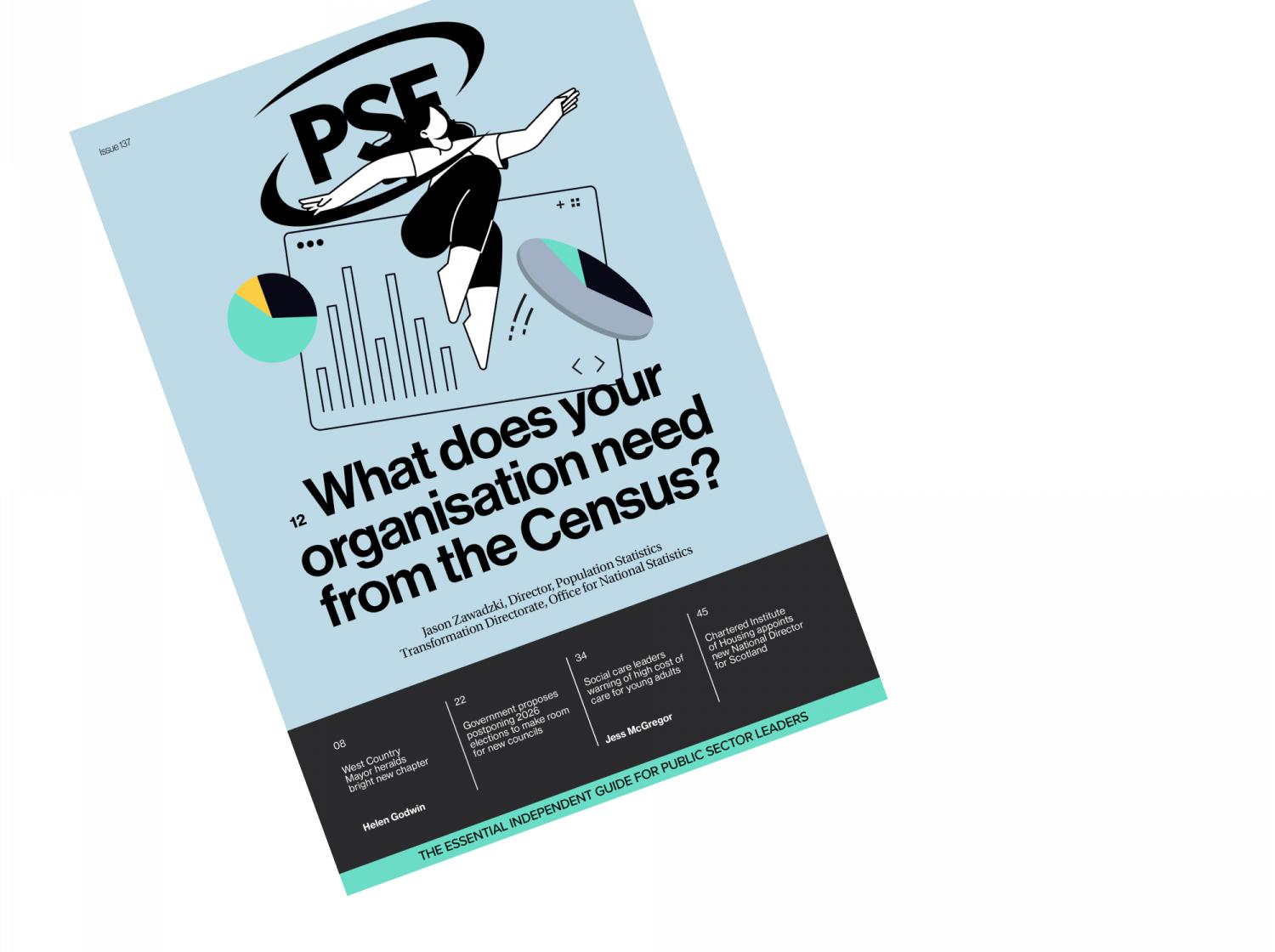Westmorland and Furness Council has confirmed that its Cabinet has given approval for a strategy that will commit to giving all children a high-quality, inclusive education.
The strategy is known as an ‘education sufficiency’ strategy and will form a key part of the council’s plan to deliver ‘ambition for every child’ whilst ensuring that there are enough school places to meet future demand. In order to achieve this, the council will ensure that it will meet its statutory duties whilst making the most of the resources that it has by bringing together all phases of education, including early years, mainstream, SEND, and Post-16.
Through the strategy, the council has outlined its vision for how it will ensure that local education provision is sufficient, inclusive, and of a high quality by:
- Focusing on high quality, affordable childcare so that children and young people can get the best start in life
- Making sure that primary and secondary education is both sufficient and sustainable
- Ensuring that, where possible, the needs of children and young people with special educational needs and disabilities are met locally
- Encouraging a vibrant post-16 education sector, with this offering opportunities for progression into employment pathways suited for everybody

Westmorland and Furness Council’s Lead Member for Children’s Services, Cllr Janet Battye, said:
“This is a clear, transparent approach to securing high-quality educational opportunities for all children in Westmorland and Furness, ensuring their needs are met as close to home as possible.
“The strategy places a strong emphasis on inclusive education, with a specific focus on increasing the availability of local SEND provision. This includes a comprehensive SEND Sufficiency Programme with multiple workstreams aimed at increasing capacity in special schools, establishing new SEND units, and expanding post-16 and post-19 pathways for young people with additional needs.”
Demographic challenges that are faced in the region are also acknowledged in the strategy, with this including the declining birth rate that affects primary school populations. This will be done by making sure that plans are in place to protect the sustainability of schools – particularly those in rural areas – whilst addressing the ongoing rise in demand for SEND provision.
Milorad Vasic, Director of Children’s Services, also commented:
“The strategy sets out our plans for continuous improvement through monitoring growth areas, maintaining education quality in areas of declining demand, and reviewing admissions catchments. Our approach will ensure we stay flexible in meeting evolving needs.
“We're particularly mindful of the rising demand for Education, Health, and Care Plans (EHCPs). Addressing this challenge requires a united, focused effort so that every young person with additional needs can access the right local services. This is essential for achieving our goal of supporting every child in our community.”
Image credit: iStock



















